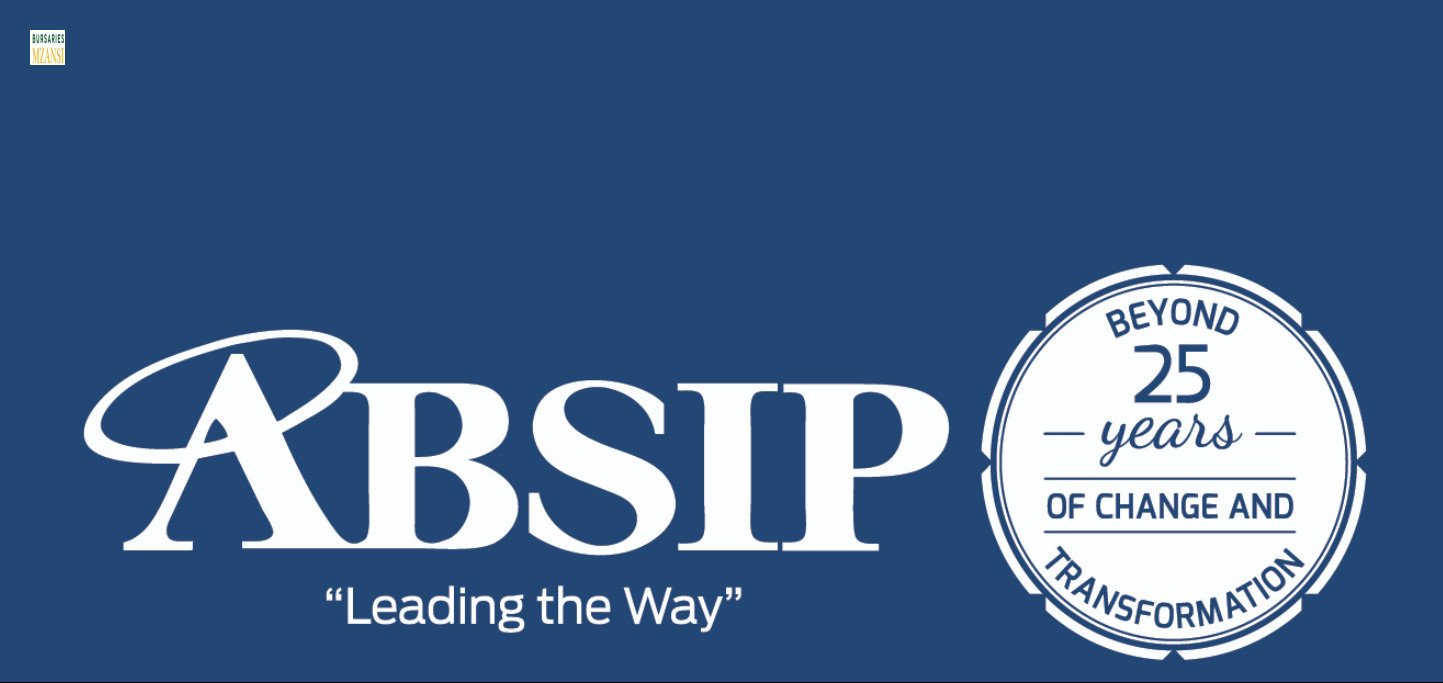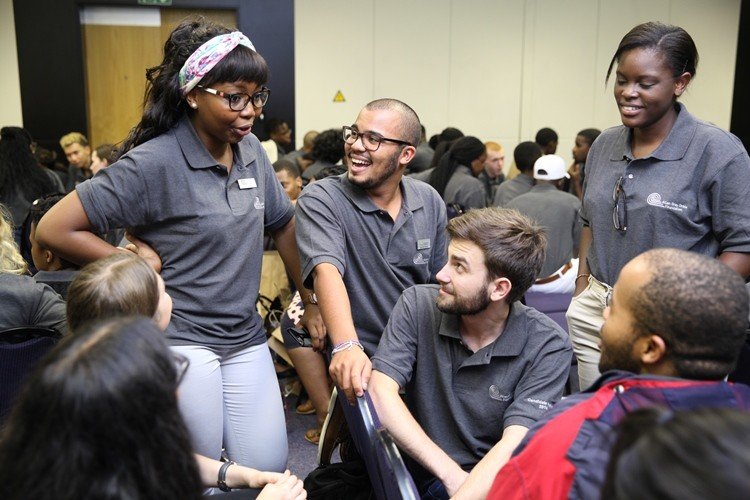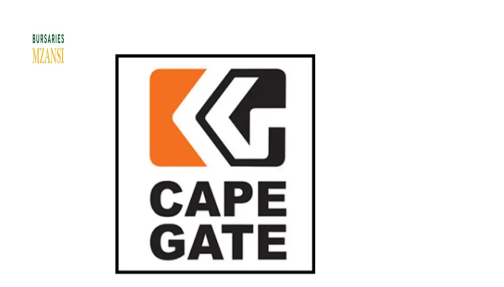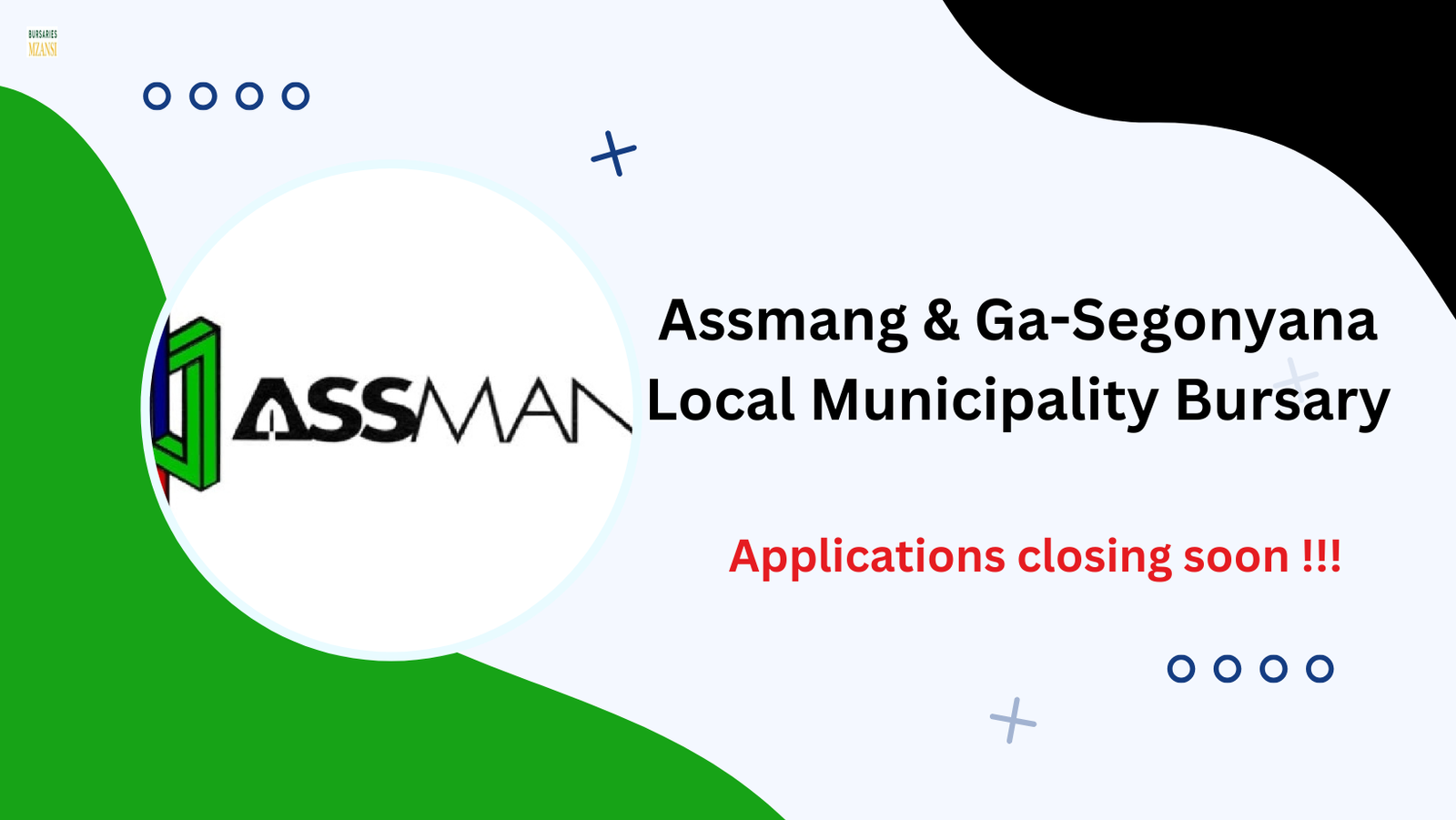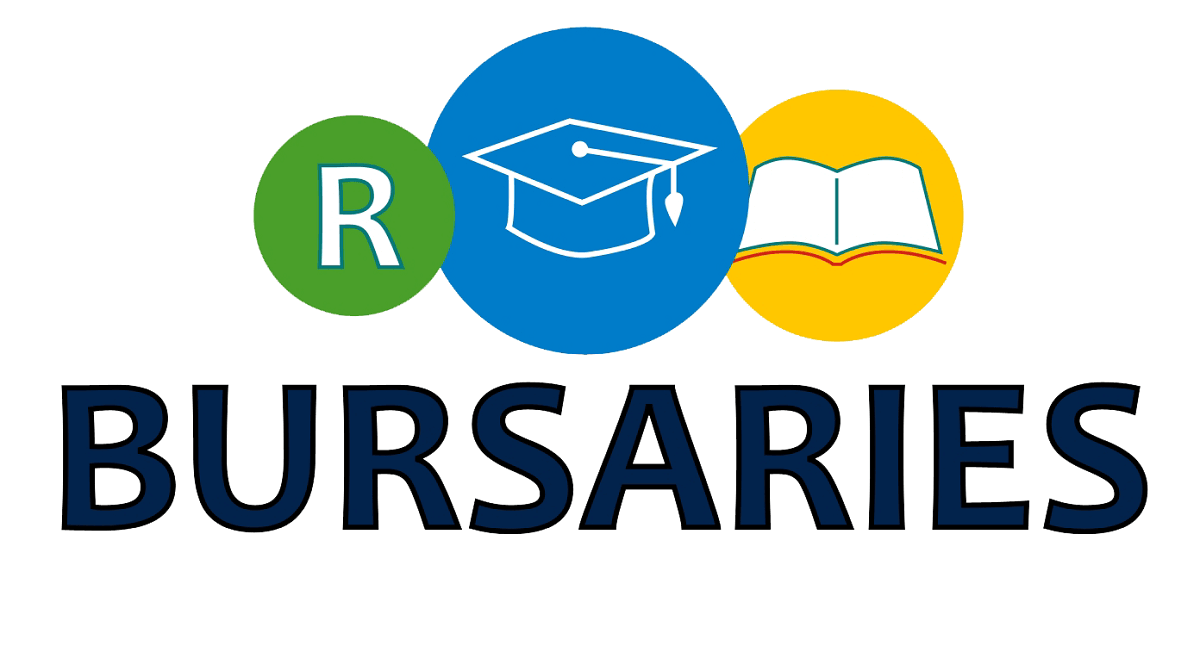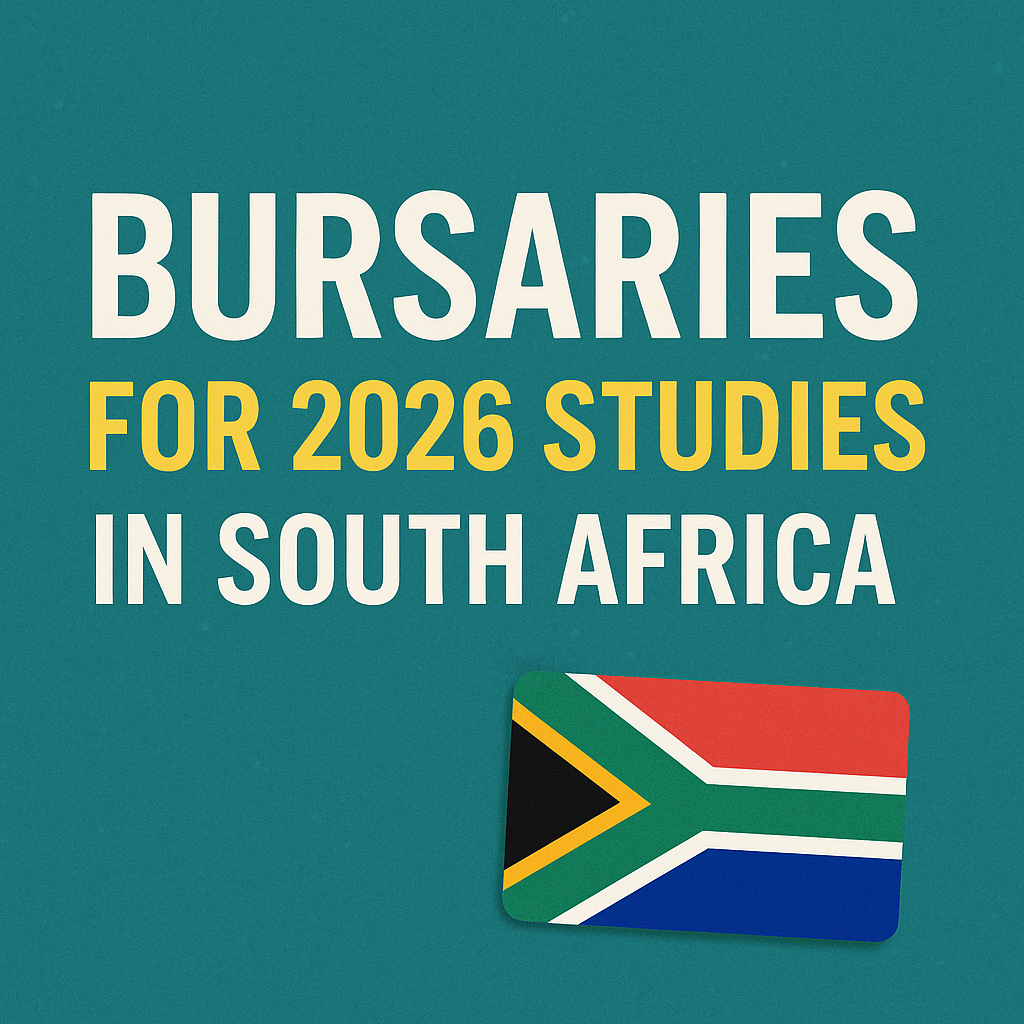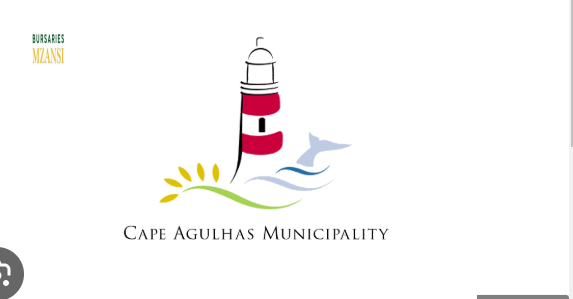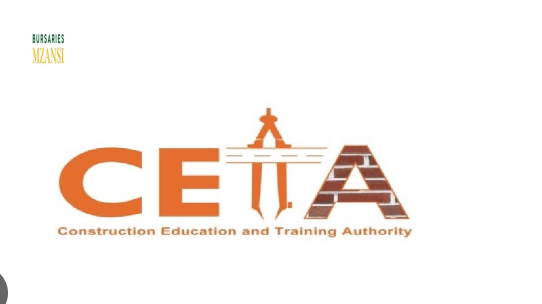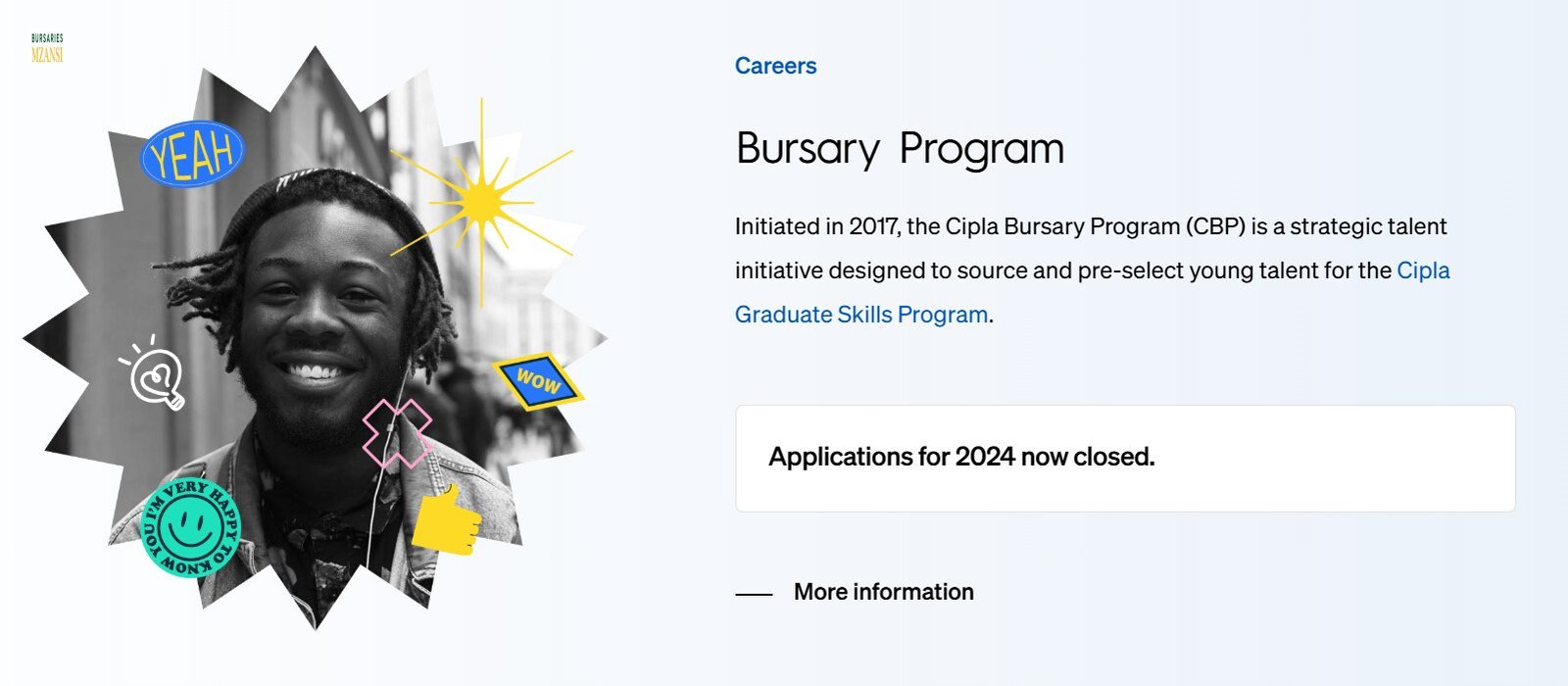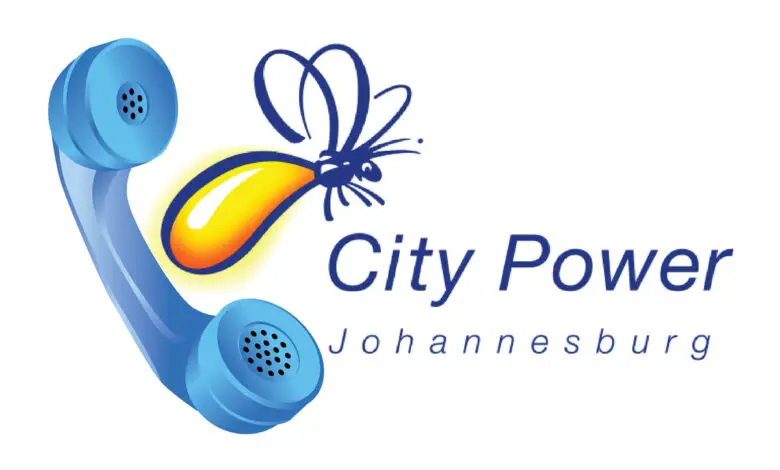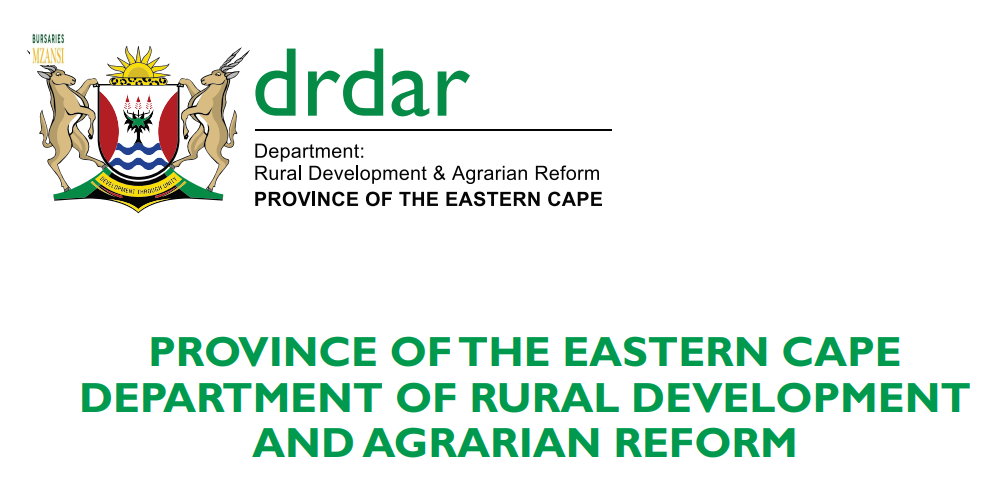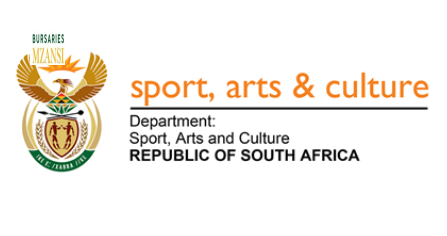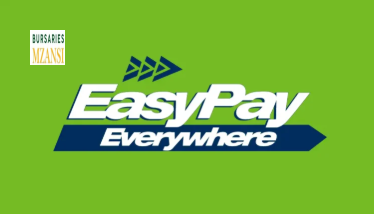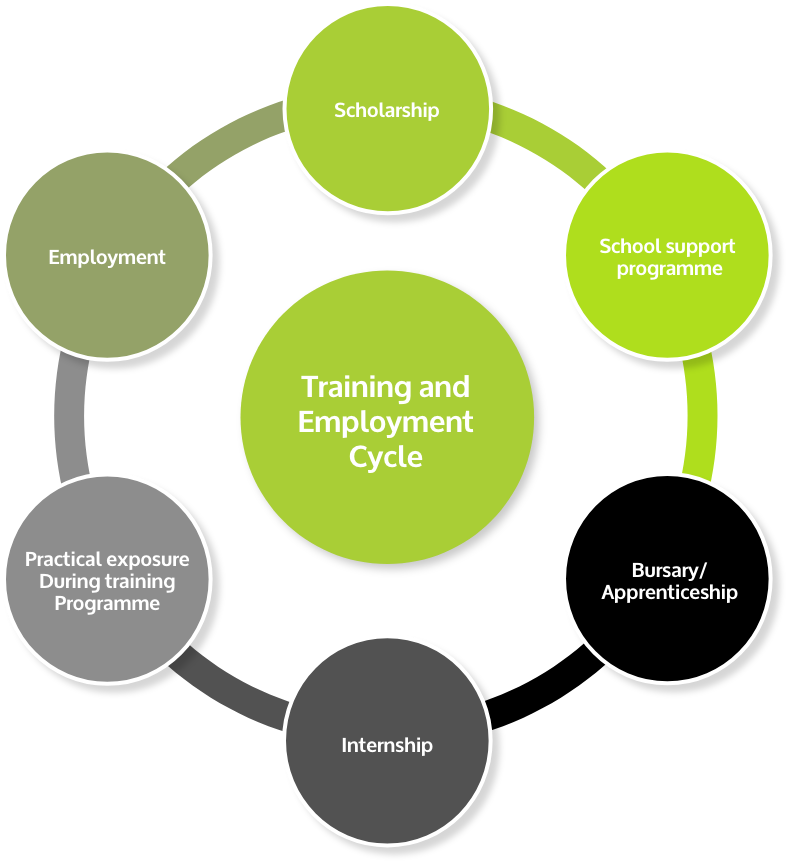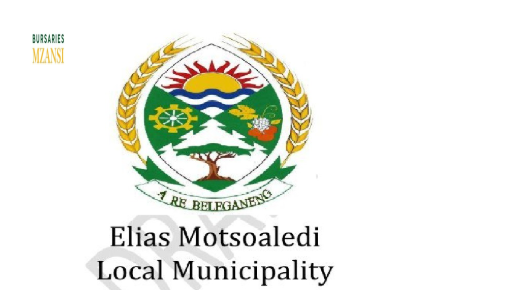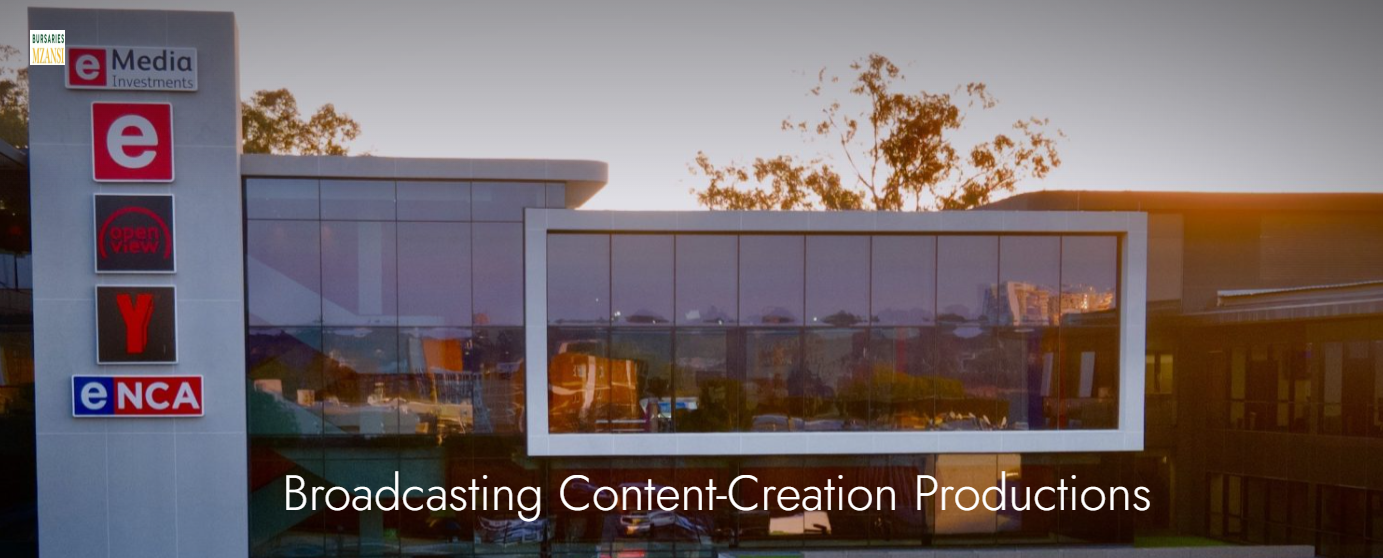If you’re a student in South Africa (or planning to study here), you’ve probably heard the word bursary thrown around more than once. It’s a buzzword that pops up whenever people talk about “funding your studies without breaking the bank.”
But here’s the thing — many students don’t fully understand what a bursary is, how it works, or how to get one. If that’s you, don’t worry — by the time you finish reading this guide, you’ll know exactly what a student bursary is, why it exists, and how you can use it to your advantage.
We’ll also share valuable links to trusted bursary sources, including our very own Bursaries Mzansi database, so you can start your application journey today.
What Exactly Is A Student Bursary?
In simple terms, a student bursary is financial assistance given to a student to help pay for their studies. Think of it as a sponsorship — an organisation, company, or government department pays part (or all) of your education costs so you can focus on learning instead of stressing about money.
The best part?
Unlike a student loan, you don’t have to pay the money back — as long as you meet the conditions of the bursary agreement.
These conditions might include:
- Maintaining a certain academic average
- Completing your studies within a set time
- Working for the bursary provider after graduation (common with corporate bursaries)
Why Do Organisations Offer Bursaries?
Bursaries aren’t just acts of kindness (although they do help students immensely). Most bursary providers have specific reasons for investing in students:
- Developing Skills for the Future
South Africa faces skills shortages in fields like engineering, medicine, accounting, and teaching. Bursaries help fill these gaps by supporting students who will eventually work in these industries. - Corporate Social Responsibility (CSR)
Many companies have CSR programmes that include bursary funding as a way to uplift communities and invest in the nation’s youth. - Workforce Development
Some bursaries come with a work-back clause. This means the student will work for the company for a certain period after graduating, ensuring the company benefits from its investment.
Bursary vs Scholarship vs Loan: What’s the Difference?
These three terms often get mixed up, but they’re not the same thing.
| Funding Type | Do You Pay It Back? | Based On | Conditions |
|---|---|---|---|
| Bursary | No (if you meet conditions) | Financial need, sometimes academic merit | Maintain grades, complete course, work-back period |
| Scholarship | No | Academic excellence, talent, or achievement | Keep high performance |
| Loan | Yes, with interest | Financial need or anyone willing to borrow | Must repay in agreed period |
So in short: Bursaries are about helping deserving students based on need, scholarships reward excellence, and loans… well, they come with a repayment plan.
For a deeper dive into funding differences, check our article: Types of Student Funding in South Africa (link to internal relevant guide if available).
Who Can Apply for a Student Bursary?
While bursary requirements differ from one provider to another, most have a set list of eligibility criteria. Typically, you need to:
- Be a South African citizen (some bursaries are open to international students, but these are rare)
- Have good academic results (minimum requirements vary — usually 60% or above in key subjects)
- Show financial need (especially for need-based bursaries)
- Be accepted or applying to study at a recognised tertiary institution
- Study in a field that the bursary supports (e.g., engineering, IT, nursing, education)
Types of Bursaries in South Africa
Bursaries come in different shapes and sizes. Here are the most common categories:
1. Academic Bursaries
Awarded based on strong academic performance and potential.
2. Need-Based Bursaries
Given to students from low-income households.
3. Company-Sponsored Bursaries
Funded by companies in exchange for working for them after graduation.
4. Government Bursaries
Examples include NSFAS (National Student Financial Aid Scheme), which funds students from disadvantaged backgrounds.
5. Field-Specific Bursaries
Targeted at students in scarce-skill fields like medicine, teaching, and engineering.
For a full list of current bursaries, explore our Latest Bursary Opportunities page.
What Does a Bursary Cover?
Not all bursaries cover the same expenses. Some are full bursaries, others are partial. Here’s what they may include:
- Tuition fees (most common)
- Registration fees
- Textbooks and study materials
- Accommodation and meals
- Transport allowance
- Laptop or study equipment
Pros and Cons of a Student Bursary
Pros:
✅ No repayment needed (if conditions are met)
✅ Helps you focus on studies, not finances
✅ Can include mentorship and career opportunities
Cons:
❌ Competitive — many students apply for limited spots
❌ Comes with strict requirements
❌ Some require you to work for the sponsor after graduation
How to Apply for a Student Bursary
Here’s a step-by-step guide to increase your chances of success:
Step 1: Research
Use platforms like Bursaries Mzansi and Career Portal to find relevant bursaries.
Step 2: Check the Requirements
Make sure you meet all eligibility criteria before applying.
Step 3: Prepare Your Documents
These often include:
- Certified copy of your ID
- Latest academic results
- Proof of household income
- Acceptance letter from a tertiary institution
Step 4: Write a Motivational Letter
This is your chance to shine — explain your goals, achievements, and why you deserve the bursary.
Step 5: Apply Before the Deadline
Late applications are almost never considered.
Tips to Increase Your Chances
- Apply to multiple bursaries, not just one
- Keep your grades high
- Join extracurricular activities — leadership and volunteering look good on applications
- Start early and stay organised
Common Mistakes to Avoid
- Submitting incomplete forms
- Ignoring eligibility requirements
- Missing deadlines
- Using a generic motivational letter for every application
Where to Find Student Bursaries in South Africa
Here are some valuable resources:
- Bursaries Mzansi – Latest Bursaries (Internal link)
- NSFAS
- Department of Higher Education & Training
- Career Wise
Final Thoughts
A student bursary can be life-changing — it can open doors to higher education that might otherwise remain closed due to financial constraints. But it’s not just about free money; it’s about commitment, responsibility, and hard work.
If you’re ready to start your journey, browse our Bursaries in South Africa 2025 listings today and take that first step towards a brighter future.



